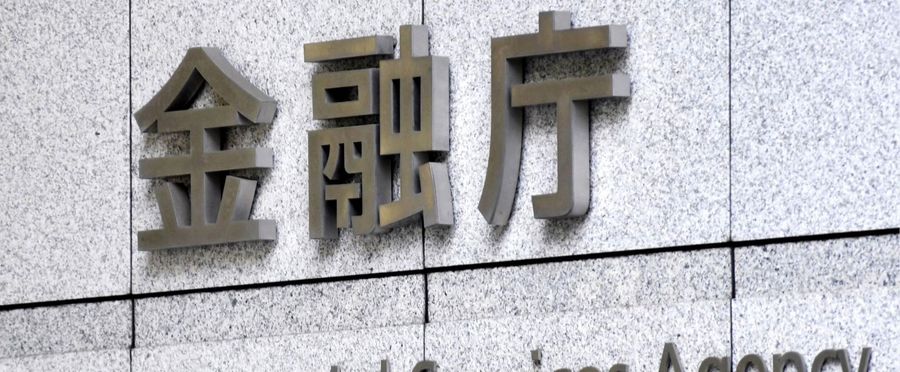Japan's Financial Services Agency (FSA) is in the news for its plan to expand the target demographics for the Nippon Individual Savings Account (NISA) program. The intention is to include every age group, compared to the current limitations. This change, however, is yet to acquire a specific timeline for implementation. The move is seen as a bid to stimulate domestic investment and savings across the whole population, as the country grapples with an aging society and low interest rates.
In Japan, the economic well-being of families and the society at large is a topic of constant focus. The NISA program was initially targeted at specific age groups, mainly middle-aged and older citizens. The proposed expansion reflects the changing socioeconomic demands in Japan. There's a growing need for increased financial literacy and investment among the youth due to Japan’s aging population and the challenges it presents for their future.
Similar to the Roth IRA or 401(k) programs in the United States, NISA provides a tax-advantaged savings platform for Japanese citizens. In Europe, Individual Savings Accounts (ISAs) in the UK offer comparable benefits. However, the approach to include all generations, as done by the Japanese FSA, shows a unique strategy to stimulate domestic investment, unlike the more age-specific focus in the US or UK systems.

